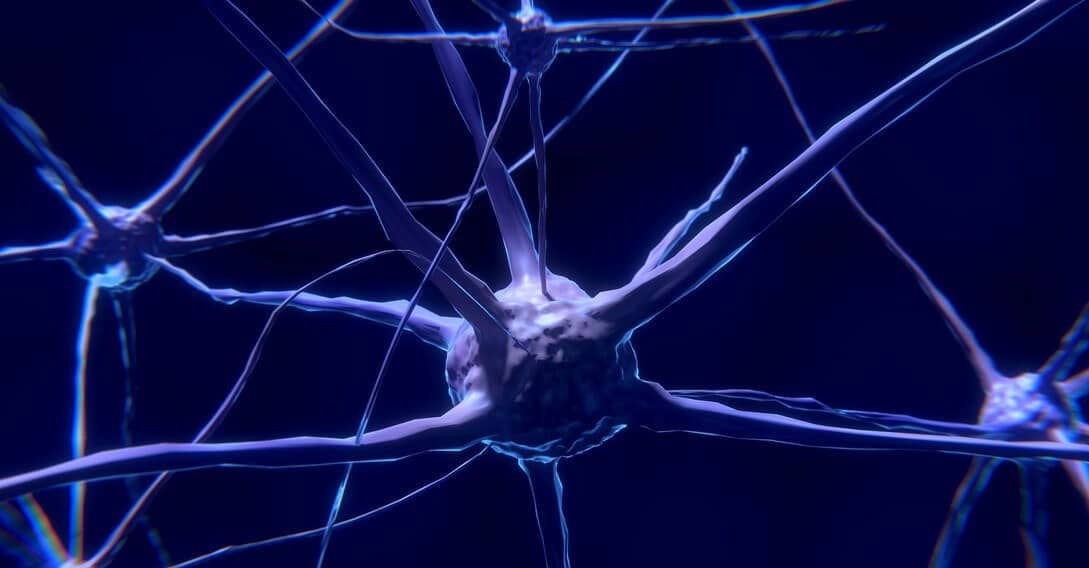Tics and Tourettes: Prevention and Treatment
There’s a saying that genetics loads the gun, but the environment pulls the trigger. Whether or not you have a family history of Tourette syndrome or related tic disorders, there are several approaches you can take to prevent and treat symptoms.
Doctors often tell people with Tourettes that there is nothing they can do to besides reducing stress: “The tics wax and wane—they come and go on their own.” Some even refer to the process as a “mystery.” Families are apparently expected to just sit back and watch the ups and downs take place. This attitude makes about as much sense as telling people with allergies that their symptoms will “wax and wane,” without explaining which allergens may affect a person’s symptoms.
Of course, doctors would tell their patients why vocal and muscle tics wax and wane—if they knew. But there has been an appalling lack of interest in the role of the environment by leaders in the field. In fact, for the last 18 years, our organization is the only group that has been vigorously exploring a range of factors that can aggravate tics, such as toxic exposures; food sensitivities and food allergy; heavy metals; nutrient imbalances; infection, allergens, and immune system issues.
Our book Natural Treatments for Tics and Tourettes: A Patient and Family Guide gives a comprehensive explanation of non-toxic prevention and treatment options with a review of behavioral approaches, acupuncture and biofeedback; hypnosis may also be helpful.
Families can learn more with our article Finding Triggers for Tics: A Must Read. An integrative physician can assist in determining underlying biological causes of symptoms. While the standard treatment for tics focuses on strong medications that many seek to avoid, ACN Latitudes offers valuable options to patients and families.




.
Related articles are shown below. If you don’t find what you’re looking for, you can search using the box at the upper right of the page or browse our forums.
James Greenblatt, MD Interview by Sheila Rogers, MS, Director ACN Would you briefly describe your practice and clientele? I’m board certified in child and adult psychiatry, and have seen over 10,000 children with the conditions […]
Majid Ali, MD An interview with the popular author Dr. Majid Ali. Select text was reprinted in Natural Treatments for Tics and Tourettes. You know that in Latitudes we are looking at autism, Tourette syndrome, […]
Stella Waterhouse, author of A Positive Approach to Autism, wrote this article for ACN Latitudes. Sensory problems affect people from all walks of life, yet they usually receive little attention. They are found to varying degrees […]
Majid Ali, MD A simple model is presented for understanding the spectrum of Attention Deficit Disorder/Hyperactivity, learning disability, obsessive-compulsive disorder, autism, and Tourette syndrome. In this model, the focus is on developmental and acquired problems […]
Siegfried Othmer, PhD was interviewed about the use of biofeedback, by John Spencer, PhD Introduction by Dr. Spencer: Biofeedback is a technique in which electronic or mechanical instruments relay information to participants concerning their physiological […]
William G. Crook, MD Note from Sheila Rogers: I had the honor of interviewing Dr. William Crook 25 years ago. This pioneering physician was the first to publicize the fact that there was a gut-brain […]
A friend of mine sends me almost daily e-mails on political issues, international health policies, and environmental regulations. The articles usually receive a quick scan followed by the delete key because there’s just not enough […]











